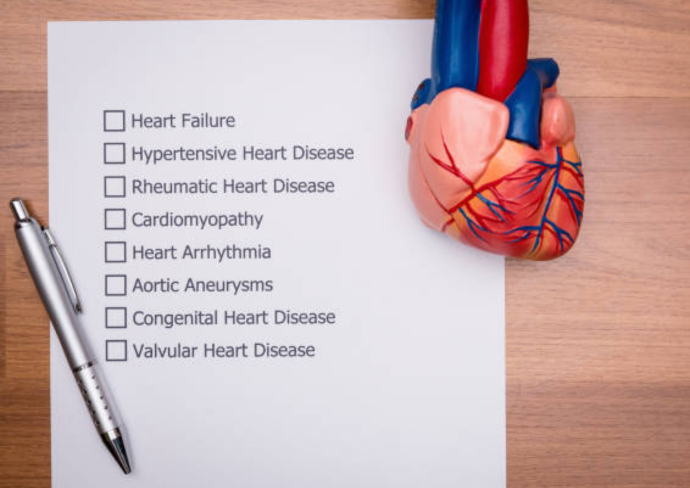Underlying Conditions That Contribute to Heart Failure
- High blood pressure
- Diabetes
- Blocked arteries
- Past heart attacks









Understanding the Basics of Congestive Heart Failure
Congestive heart failure (CHF) happen when the heart doesn’t pump well. It struggles to supply enough oxygen and nutrients through body. The pressure builds on lungs and heart. It leads to fatigue, swelling, and shortness of breath. CHF is a serious condition. But it’s manageable when detected early. Technology makes it easier to stay involved with your care. CHF doesn’t mean your heart has stop working. It means it needs support. Understanding this is important for your health journey.

Swelling in legs or ankles.Tiredness after doing simple tasks.Trouble breathing while lying down.Sudden weight gain.Cough that won’t go away.
Less oxygen goes to body.Fluid builds in lungs and legs.Simple tasks become exhausting.
Common Diagnostic Tests (Echocardiogram, ECG, BNP Blood Test) Doctors may order: ECG to look heart rhythms, Echocardiogram for visual check of heart, BNP test for fluid buildup signals. Tests help confirm CHF and type.Understanding the ICD-10 Code for Congestive Heart Failure (I50.x Series)
The ICD 10 code for congestive heart failure usually starts with I50. Codes like I50.1 or I50.9 tell how severe it is. You may find these in medical records or billing notes.Why Diagnosis Matters for Choosing the Right Care Path
Correct diagnosis means: Better treatment decisions, Fewer complications, Faster steps toward management. It gives your care team a clear direction.







Emotional and Mental Health Support for CHF Patients
CHF can affect how you feels emotionally. It’s normal to feel worried or frustrated. Speak to your provider or counselor if it gets worse. Importance of Family Involvement in Care Family members can: Help remember meds, Track symptoms, Attend appointments. They play important role in recovery. Setting Goals and Monitoring Improvements Small goals help motivate you. Measure distance walked, weight, or how often you feel tired. Use the portal to see your improvements over time.
CHF is usually coded as I50.9. Specific types use different I50.x codes. These codes help with billing and organizing your care records.
Some common drugs can make CHF worse. These include NSAIDs and a few heart drugs. Always talk to your provider before taking any new medicine.
You may feel tired, short of breath, or swollen in your feet. A doctor confirms CHF using tests like ECG or echocardiogram.
Yes. With a connected care portal, you can track symptoms, review test results, and monitor your heart condition right from your home.
These clinics focus only on CHF. You get expert care, frequent follow-ups, and detailed plans made just for your heart health.
Supporting your journey: from symptoms to specialist consults Technology doesn’t replace care; it enhance it. The platform lets you control health data, symptoms, and billing—simply and clearly.
© MySmartCare360 2025 – Term of Services Privacy Policy
We’ll walk you through the right website for your needs.